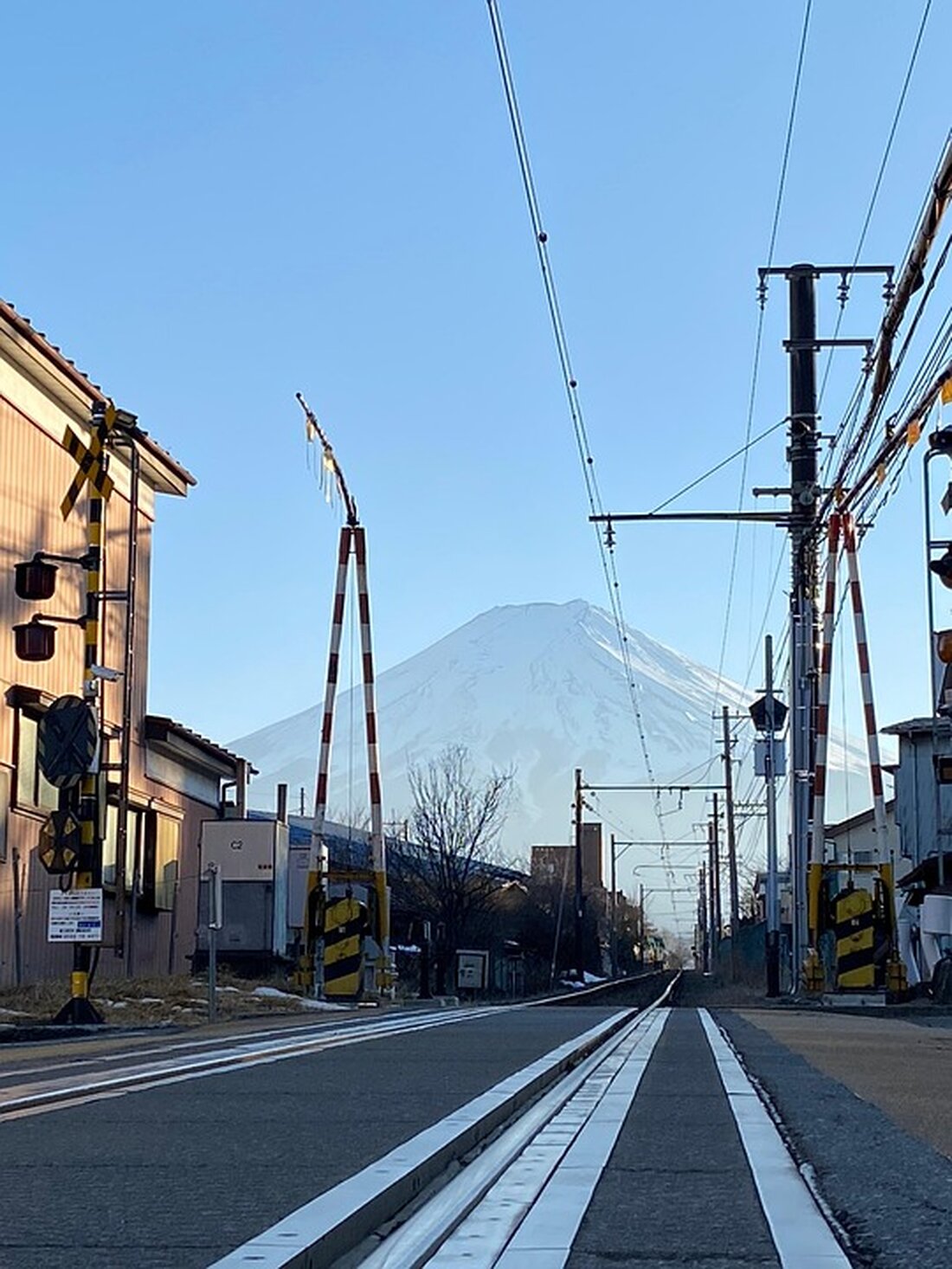Japan prohibits glittering baby names like Pikachu and Nike
Japan prohibits glittering baby names like Pikachu and Nike
If you travel to Japan, you may have the opportunity to meet someone with an unusual name - such as "Nike", "Pikachu" or "Pudding". In recent decades, such names have gained popularity, since more and more parents reject traditional Japanese names in favor of unique alternatives.
criticism of Kirakira names
This practice also called critics. There is always trouble in hospitals, schools and authorities, as there is often a lack of the correct pronunciation of such names. In order to counteract this, the government has started to act against the so-called "Kirakira" names, which translates as much as sparkling or shiny. From Monday, new regulations apply that make it difficult for parents to give their children names that are expressed in an unconventional way.
public reactions
The message met with shared reactions on social media. Some users argued that Kirakira names were an expression of individualism, relatively harmless and would not justify state regulation. "They are not the children of the nation, but their parents' children," wrote a user after the announcement. However, others welcomed the change and pointed out that children with unusual names may be exposed to bullying or at least complications in administrative tasks such as registrations or banking transactions. "Why do some people give their children Kirakira names? This only means that these children are bullied," a user noted.
How Kirakira names
Japan uses three writing systems - Kanji based on Chinese signs, as well as two phonetic systems. Names are typically written in Kanji, and this is exactly where the problem is. Since these Chinese characters have been mixed with the existing Japanese language, each Kanji sign can be pronounced in different ways-in some cases even ten or more species. The "correct" pronunciation will be refined using context and other characters in one sentence.
For Kirakira names that became popular from the 1980s, parents often choose a name based on the phonetic sound-they want the name of their child to sound like "Pikachu"-and choose similar sounding Kanji signs. The problem is that these characters may not be pronounced in the usual way, which makes it difficult to correctly express the name of a child only by the written Kanji form.
The new regulation
The new regulations of the Japanese government aim to limit this by only allowed to speak of Kanji signs. Parents must state the phonetic reading of their child's names in the register. If local civil servants find that the phonetic sound of a name does not match the usual pronunciation of its characters, they could reject the name or request additional documents.
The increase in unusual names
This is not the first time that strict name regulations in Japan trigger a debate. Japan still requires legally that married couples wear the same last name, in contrast to most other major economies that have given up this tradition. Usually the wives take over the name of the husband, since same -sex marriages in Japan are not legal.
A movement to change the rules around the last name has developed, led by women's rights activists and those who want to preserve the diversity of Japanese surnames, in a nation in which a few names are increasingly widespread.
First names have offered more space for experiments - at least up to the latest regulations. In the past 40 years, more and more people have been given unusual names, according to a study of 2022, which analyzed baby names in local news sheets. The trend indicates a shift towards "uniqueness and independence" in Japan, which is also visible in changes in other areas of Japanese life during this time, such as family structures and social values.
international trends
in Japan, especially among girls, Kirakira names were increasingly awarded, which may indicate that parents have a stronger hope that their daughters will become unique and independent than their sons. Japan is not the only country that has recorded an increase in unusual baby names. A 2016 study showed that American parents chose increasingly unusual names between 2004 and 2015, which indicates the increasing individualism of culture.
In China, too, the rapid economic growth has led people to appreciate individuality and autonomy more than earlier generations, which is reflected in the steady increase in parents, the unique signs in the name of their children. As in Japan, it was found that Chinese girls had more unusual names more than boys - possibly as a reflection of different parental expectations.
However, it is also common for countries to set up rules which names are acceptable. In the United States, this often varies from state to state; In California, names are only allowed to use the 26 letters of the English alphabet, which briefly represents a problem when Elon Musk and Grimes called their baby "X Æ a-12", which they finally changed in "X Æ A-XII".In Germany, on the other hand, authorities can reject a baby name if they consider it offensive or potentially harmful to the child's well -being. For example, they previously prohibited parents of using "Borussia", a reference to a soccer team, or "gastritis" because they argue that these names could endanger the child's well -being.
Meanwhile, New Zealand also maintains strict rules, which also include bans of titles, which means that names like "king" and "prince" are routinely rejected.
reporting by Soyon Nishioka.


Kommentare (0)